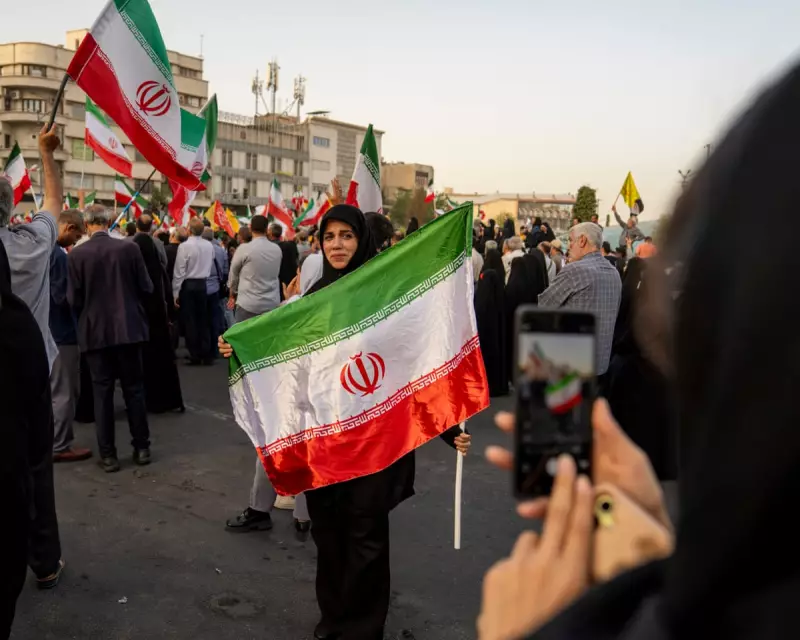
A profound and unexpected transformation is rippling through Iranian society, forged in the crucible of recent regional conflict. Far from the flag-waving spectacles orchestrated by the state, a new, gritty form of everyday nationalism is taking root in homes and on street corners across the nation.
This isn't the top-down patriotism of the regime, but a bottom-up surge of defiance and solidarity. The Guardian's deep reporting from within Iran reveals a complex tapestry of public sentiment, where deep-seated grievances against the government now coexist with a fierce, protective love for the homeland itself.
The Kitchen Table Revolution
In a modest apartment in Tehran, a family gathers around a television, their dinner going cold. The news reports another escalation. "We may despise the men in charge," the father says, his voice low but firm, "but this is our country they are talking about. Our soil. That means something." This sentiment, repeated in countless variations, is the engine of this new national consciousness.
It’s a defiance born not of ideological agreement with the regime, but of a shared experience of threat and resilience. The very economic hardships and social restrictions that have long fuelled anti-government protests are now also feeding a collective sense of endurance and identity.
Beyond Regime Rhetoric
Analysts and sociologists on the ground observe a critical distinction emerging. Public support for the nation—its culture, history, and people—is increasingly decoupled from support for the Islamic Republic's government. This nuanced patriotism allows Iranians to criticise their leaders while still standing up for their country in the face of external conflict.
This shift is visible everywhere. In the defiant lyrics of underground music, in the artwork hastily painted on walls, and in the quiet conversations in queues for bread. The symbols of national pride are being reclaimed by the people, separate from the state's iconography.
A Society Forged in Fire
The ongoing war has acted as a catalyst, forcing a stark choice. For many, the external threat has temporarily overridden internal divisions, creating a fragile unity. This isn't about victory parades; it's about a shared fate and a determination to protect a way of life, however fraught it may be.
This newfound solidarity presents a paradox. The same conflict that has bolstered the regime's strategic position has also empowered a people-centric nationalism that could ultimately challenge the government's monopoly on patriotic expression. The regime now must navigate a populace that is more nationally conscious than ever, yet not necessarily more loyal to its rulers.
The ultimate legacy of this war may not be measured in territorial gains, but in this fundamental rewiring of the Iranian psyche. A new sense of collective identity has been ignited, and its long-term implications for the nation's future are yet to be written.





